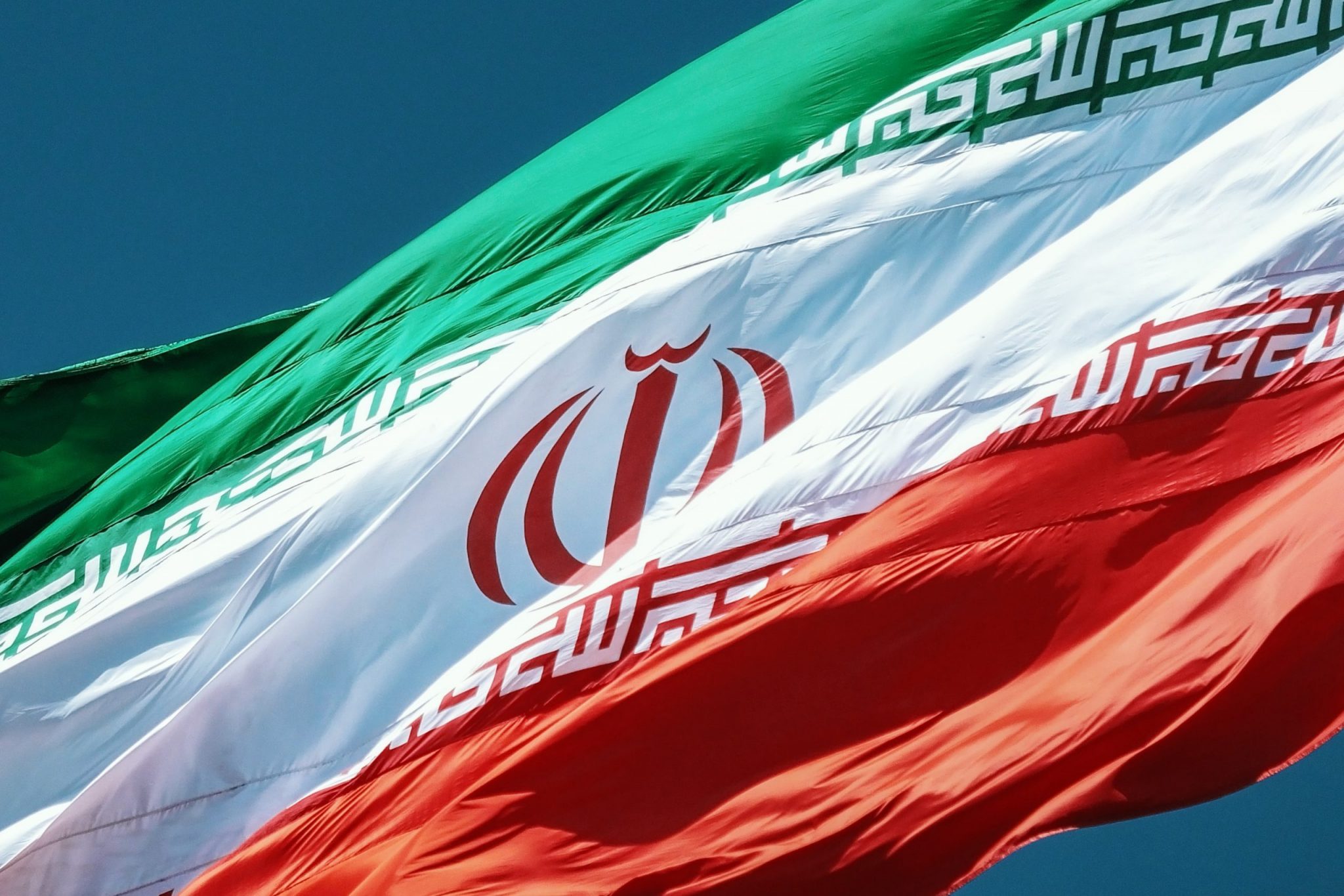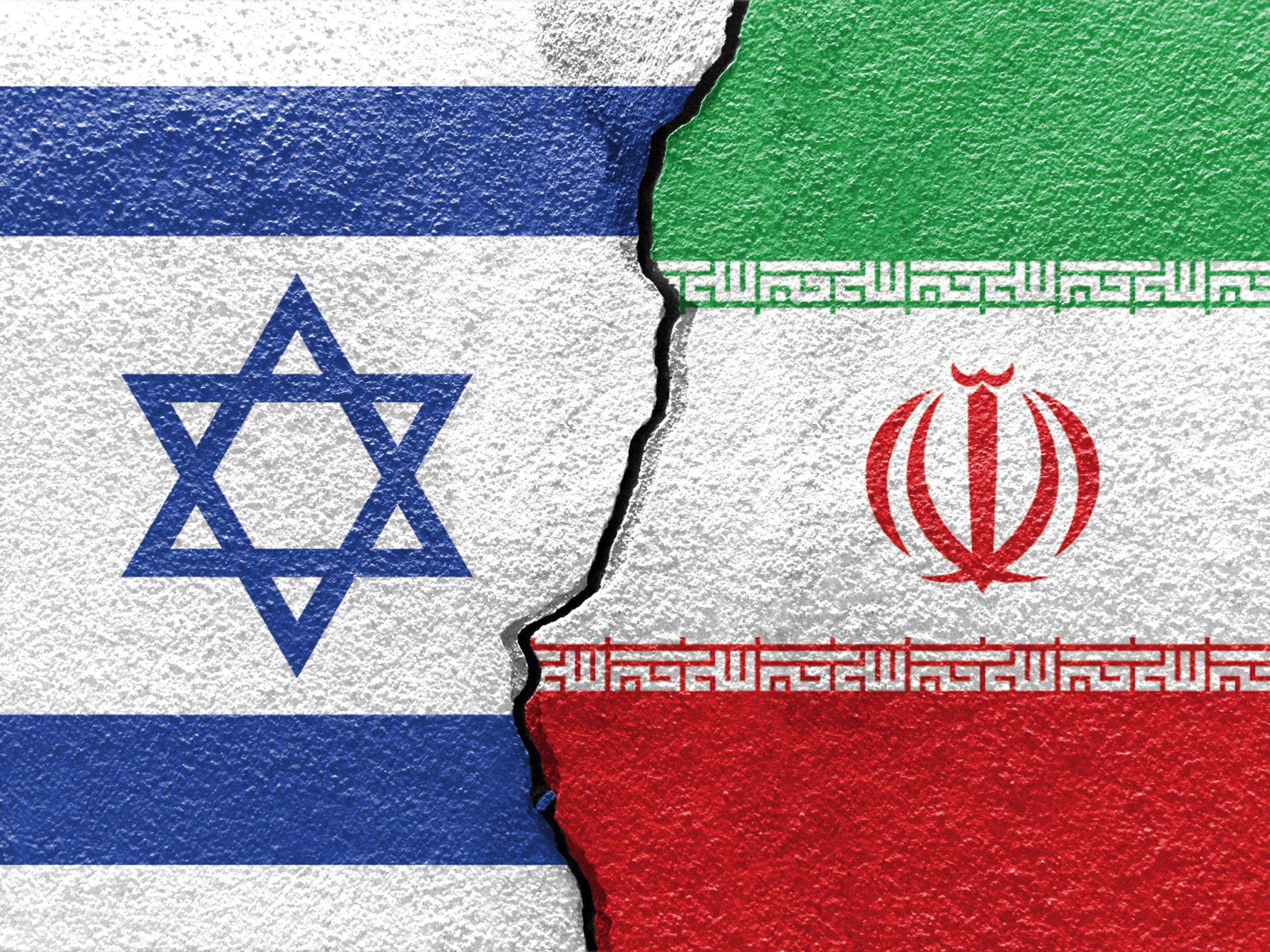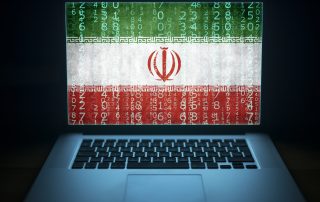Though its capabilities remain more limited than those of Russia or China, Iran is becoming a significant authoritarian actor challenging democracy in the United States and Europe. Through information manipulation, malign finance, and cyberattacks, Tehran seeks to weaken the United States and like-minded democracies to undermine their efforts at democratization beyond their borders. Find ASD’s work on Iran on this page.
Josh Rudolph on the Rise of Foreign Funds that Distort Western Politics in the Financial Times
Fellow for Malign Finance Josh Rudolph discusses how the rise of foreign funding distorts politics in the West, drawing on our recently released paper Covert Foreign Money: Financial Loopholes Exploited by Authoritarians to Fund Political Interferen [...]
Introductory Video: Iran’s Authoritarian Playbook
ASD Middle East Fellow Ariane Tabatabai gives readers a short introduction to her recently released report Iran's Authoritarian Playbook: The Tactics, Doctrine, and Objectives behind Iran’s Influence Operations. In one of the first comprehensive di [...]
Iran’s Authoritarian Playbook: The Tactics, Doctrine, and Objectives behind Iran’s Influence Operations
Introduction According to a 2013 indictment by the U.S. Department of Justice, hackers backed by a foreign power gained access to the controls of the Bowman Avenue Dam, a small dam in the New York City suburb of Rye, New York. Cyberattacks on inf [...]
Hamilton Toplines: September 5-11, 2020
Russian, Chinese, and Iranian government and state media accounts and outlets covered well-trodden ground last week, with each country returning to familiar topics or themes. For the third straight week, Russian government officials and state media [...]
Hamilton Toplines: August 29-September 4, 2020
As with most major dates in World War II, Russian diplomatic and government accounts last week put out a spate of messaging marking the Nazi invasion of Poland on September 1, 1939 and, more significantly, the recently changed date Russia recognizes [...]
Hamilton Analysis: A Tale of Two Protest Movements: Russian, Iranian, and Chinese Coverage of Protests in Belarus vs. the United States
Overview On August 9, Belarusian President Alexander Lukashenko declared a landslide victory in an election widely regarded to be neither free nor fair, sparking widespread protests across the country. Since that time, Russian, Chinese, and Iranian [...]
Hamilton Toplines: August 21-27, 2020
The major through-line in messaging from Russia, China, and Iran last week was a focus on police brutality, racial justice protests, and violence and unrest in the United States, following a pattern established earlier this year in their respective [...]
Hamilton Toplines: August 15-21, 2020
Major news events covered last week by the Russian, Chinese, and Iranian networks monitored on the Hamilton dashboard included the Democratic National Convention, past and present geopolitical developments in the Middle East, the alleged poisoning o [...]
Hamilton Toplines: August 8-14, 2020
Iranian, Russian, and Chinese state media and government accounts focused on an array of major developments last week. Iranian accounts continued to cover the aftermath of the Beirut explosion—including continued accusations of U.S. and Israeli invo [...]
Hamilton Toplines: August 1-7, 2020
Heavy coverage of the explosion in Beirut was substantial enough to break through the coronavirus news cycle, reflected in the fact that #Beirut was the third most-used hashtag by Russian, Iranian, and Chinese state media and government accounts las [...]
Five Authoritarian Pandemic Messaging Frames and How to Respond
Summary As the coronavirus pandemic has spread around the world, authoritarian actors have engaged in robust information-manipulation campaigns. China—where the virus originated and spread due to the government’s initial cover up and mismanagement [...]
Ariane Tabatabai on the Spread of Conspiracy Theories to Iran in Foreign Policy
Restart, a fringe Iranian dissident group, shows how conspiracy spreads—and what that means for U.S. politics, Middle East Fellow Ariane Tabatai writes in Foreign Policy. QAnon entered the mainstream U.S. political lingo in 2017, when its followers [...]









